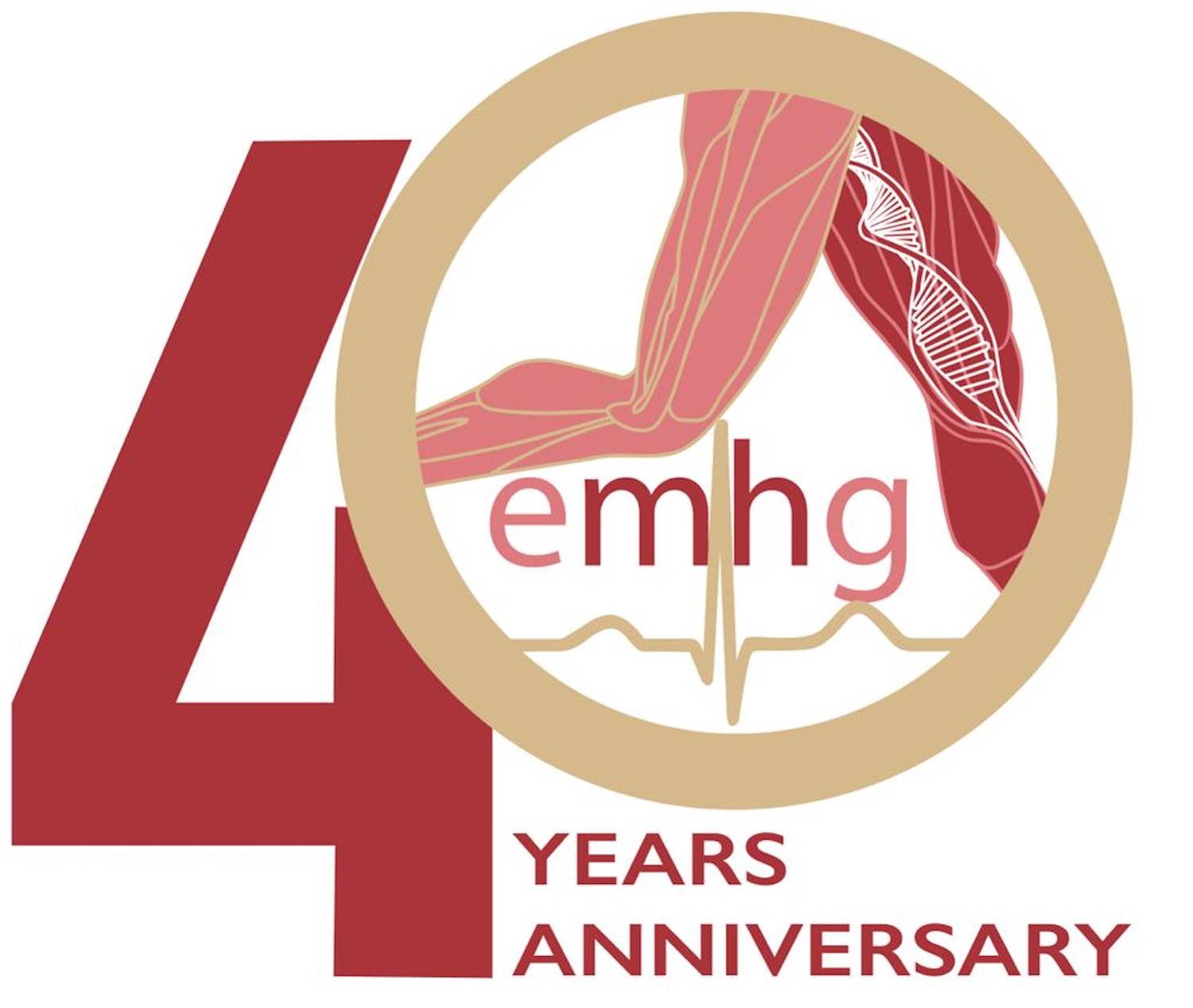Malignant Hyperthermia Susceptibility (MH)
Malignant hyperthermia (MH) is a potentially fatal condition, in which genetically predisposed individuals develop a hypermetabolic reaction to potent inhalation anaesthetics and/or a depolarizing muscle relaxant. A MH rection can develop any time during or shortly after general anaesthesia with triggering agents.
The following substances are absolutely contraindicated:
sevoflurane, isoflurane, desflurane, halothane, enflurane, ether
depolarizing muscle relaxant succinylcholine/suxamethonium
There are no unique signs of a MH reaction, instead a pattern of signs must be recognized. Early signs are increased muscle metabolism (leading to inappropriatly elevated CO2 production and O2 consumtion), tachycardia or arrhythmias and muscle rigidity. If the reaction is not recognized and treated, it will eventually lead to a fulminant MH reaction with rapid increase in core temperature, rhabdomyolysis and multi organ failure.
Treatment of a MH reaction
The treatment of a reaction includes withdrawing of all trigger agents, administer dantrolene and symptomatic treatment of hyperthermia and of the consequences of rhabdomyolysis and multi organ failure.
Safe anaesthesia for susceptible patients
For patients with known or suspected MH, safe anaesthesia can be provided by using non triggering agents and an uncontaminated workstation.
Here you find the following documents:

